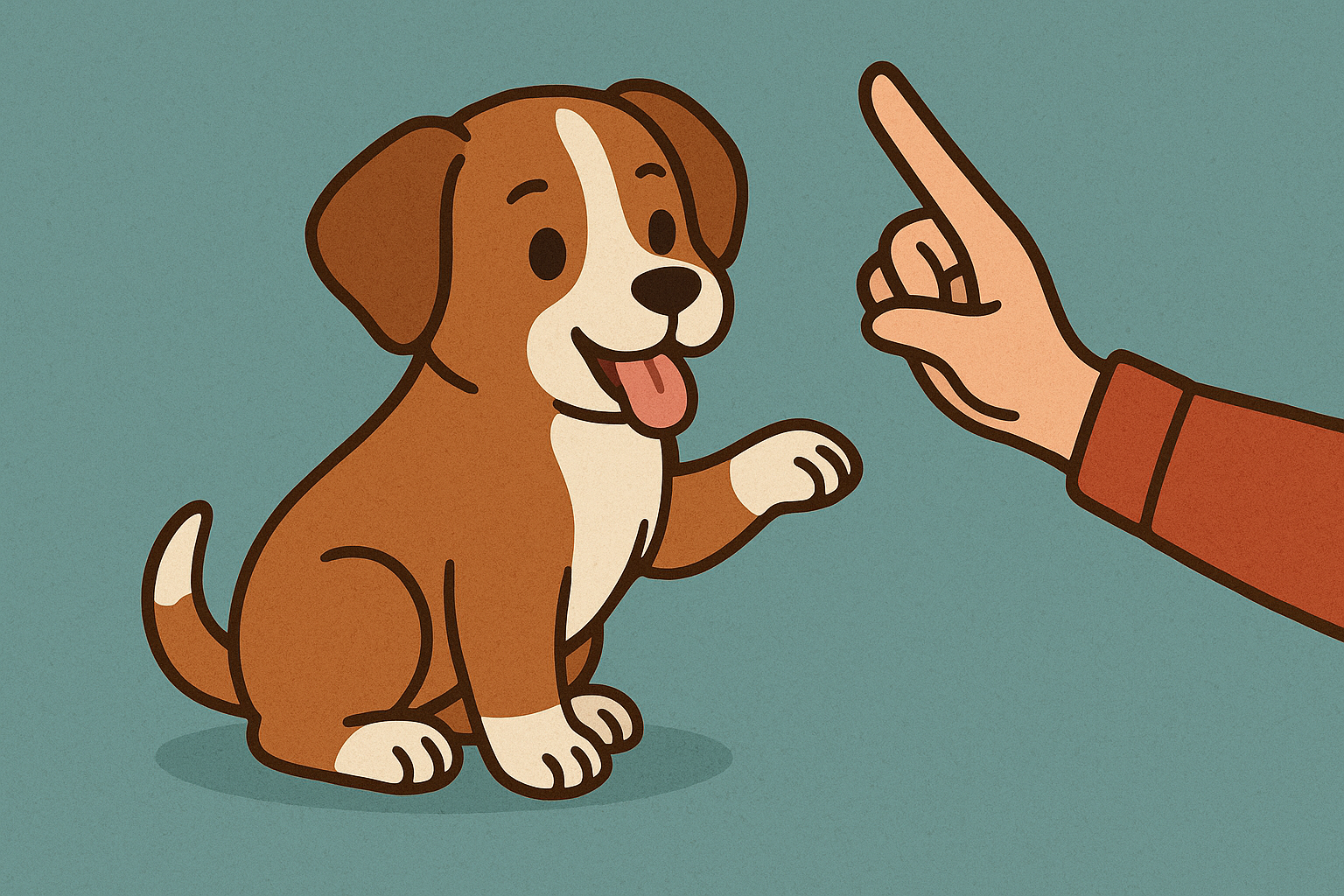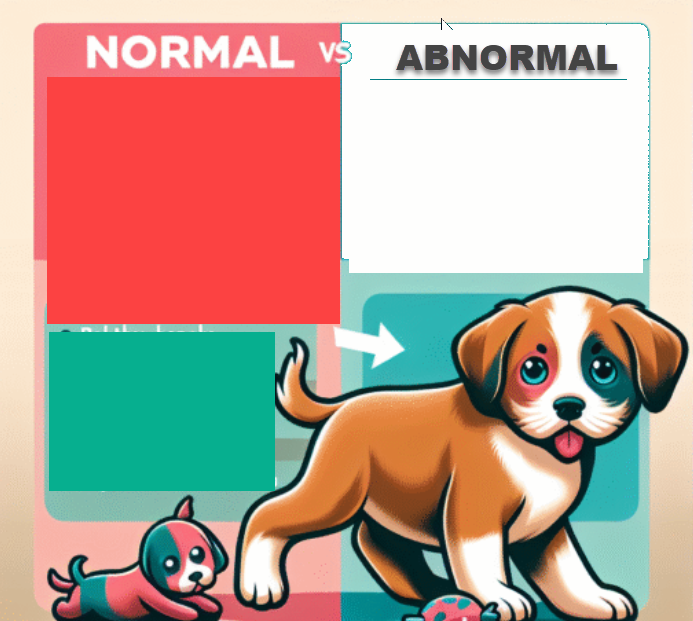Understanding the 8-10 Week Fear Stage
The 8 to 10-week period is a pivotal stage in a puppy’s development, characterized by heightened sensitivity to new experiences. Known as the “fear period,” this phase is crucial because it can shape a puppy’s long-term behavior and ability to cope with different environments. As puppies undergo rapid growth and cognitive development during this stage, their reactions to new stimuli can be intense and memorable.
During this period, puppies may exhibit behaviors indicating fear or anxiety, such as cowering, whimpering, or retreating from unfamiliar situations. This reaction is a natural part of their development, serving as a protective mechanism. It is vital for puppy owners to understand that this fear stage, while temporary, can have lasting implications if not addressed appropriately.
Signs Your Puppy is in the Fear Stage
Recognizing the signs of fear in your puppy is essential to providing the appropriate support. Behavioral indicators often include avoidance behaviors, increased vocalization like barking or whining, and physical signs such as trembling. Puppies might also exhibit a reluctance to explore new environments or interact with unfamiliar people or animals. It is important to differentiate between normal fear and excessive fear that may indicate deeper issues. Normal fear is a brief reaction that subsides, while excessive fear may lead to prolonged distress and avoidance behaviors.
Causes of Fear at This Age
There are several common triggers for fear in puppies during this stage. New environments, such as moving to a new home or visiting a vet, can be overwhelming. Loud noises from household appliances or thunderstorms can also be alarming for a young puppy. Social interactions with unknown people or animals may provoke anxiety, fueled by the puppy’s limited life experiences. Genetics and early upbringing play significant roles as well. Puppies raised in chaotic or overly sheltered environments may develop heightened sensitivities during this period.
Handling the Fear Stage: What to Do
To effectively manage this critical time, creating a safe and secure environment for your puppy is paramount. Consistency and routine can help mitigate stress, as can establishing a quiet, comforting space where your puppy can retreat when feeling overwhelmed. Employ positive reinforcement techniques to encourage confident behavior, rewarding your puppy when they display courage in unfamiliar situations. Gradual exposure to new experiences is vital; introduce new people, places, and sounds gently, ensuring that each encounter is positive and non-threatening.
Mistakes to Avoid
Avoid overwhelming your puppy with stimuli during this delicate stage. Introducing too many new experiences at once can lead to heightened anxiety and fear-based behaviors. Moreover, ignoring signs of distress or inadvertently reinforcing fearful behavior, such as comforting your puppy excessively when they are frightened, can exacerbate the problem. Consistency in training and responses is crucial, as mixed signals can confuse and unsettle your puppy.
Socialization During the Fear Stage
Balanced socialization is key in helping your puppy navigate this phase. Introducing them to various environments and social situations positively impacts their development. When meeting new people or animals, ensure interactions are controlled and rewarding. It’s crucial to monitor body language to safeguard against negative experiences. According to the American Veterinary Society of Animal Behavior, “Puppy socialization is key to reducing the risk of behavior problems and improving the quality of the human-animal bond.”
When to Seek Professional Help
While most puppies naturally outgrow the fear period with proper support, some may struggle to adjust. Recognizing when fear becomes problematic is crucial—for example, if your puppy’s anxiety prevents routine activities or if they show signs of aggression. In such cases, consulting a veterinarian or a professional dog trainer with experience in behavioral therapy can provide valuable guidance. These professionals can offer tailored strategies to help your puppy through this stage.
Long-term Implications of the Fear Stage
A puppy’s experiences during the fear stage can significantly influence their future behavior. Successfully navigating this period enhances their ability to handle stress and novel situations as adults. Continuous socialization and training beyond the 10-week mark are essential in supporting healthy development. By fostering positive associations and building your puppy’s confidence, you set the foundation for a well-adjusted and resilient pet.
Conclusion
Recognizing and appropriately addressing the fear period in puppies is crucial for their development and well-being. By understanding this phase, providing a supportive environment, and avoiding common pitfalls, puppy owners can help their pets achieve a balanced and confident demeanor. Embrace this developmental stage as a unique opportunity to strengthen the bond with your puppy and nurture a positive outlook towards the world.
Additional Resources
For further guidance on puppy development, consider exploring resources provided by the American Kennel Club (AKC) and expert writings by renowned dog behaviorists such as Dr. Ian Dunbar. These authorities offer comprehensive insights and practical advice to support you and your puppy through the intricacies of early development stages
. 🐾# Puppy Fear Period at 8-10 Weeks: How to Handle it Right – FAQ
What is the 8-10 week puppy fear period?
The 8-10 week puppy fear period is a developmental stage where puppies experience heightened sensitivity to new stimuli. This period is crucial because it can shape how they respond to unfamiliar environments and situations as they grow. During this time, puppies are prone to exhibiting signs of fear or anxiety, which serves as a natural protective mechanism.
How can I tell if my puppy is going through the fear period?
Look for behavioral changes such as increased vocalizations like whining or barking, avoidance of new situations, and physical signs of distress like trembling. Puppies may also retreat from unfamiliar people or animals. It’s important to distinguish these indicators from more severe reactions, which could signal a need for further attention.
What are the common triggers that might cause fear in an 8-10 week old puppy?
Common triggers include new environments, loud and sudden noises, and unfamiliar social interactions. Events such as moving to a new home or encountering household appliances for the first time can be overwhelming. Puppies might also react strongly to strangers or other animals due to limited prior experiences.
How can I help my puppy through this fear stage?
Provide a stable and reassuring environment by maintaining consistent routines. Create a quiet space where your puppy feels safe and introduce new experiences gradually, coupling them with positive reinforcement. Rewarding brave behavior can help build your puppy’s confidence.
What mistakes should I avoid during the fear period?
Avoid overwhelming your puppy with too many new experiences all at once, as this can increase anxiety. Do not ignore signs of distress or excessively comfort a frightened puppy, as it might reinforce fearful behaviors. Ensure consistent training and responses to maintain clarity and reduce confusion.
How important is socialization during this stage?
Socialization is vital to prevent behavior problems and improve the bond between you and your puppy. Controlled introductions to new people and environments help puppies learn to navigate varied social contexts. It’s important to monitor your puppy’s body language to prevent negative experiences that could impact their development.
When should I consider seeking professional help?
If your puppy’s fear persists to the point where it disrupts daily life or leads to aggression, professional help may be necessary. Qualities to look for include a veterinarian or a dog trainer specialized in behavioral therapy, who can offer tailored solutions to address and mitigate excessive fear.
What are the long-term effects if the fear stage is not properly managed?
Poorly managed fear stages can result in long-term anxiety, fear-based aggression, or other behavioral issues in adulthood. Positive experiences during this critical period build your puppy’s ability to cope with stress and unfamiliarity, facilitating the development of a well-adjusted adult dog.
What resources can I refer to for more information?
Resources from the American Kennel Club (AKC) and expert dog behaviorists like Dr. Ian Dunbar offer comprehensive advice. These materials provide valuable insights into puppy development and offer practical strategies for managing the fear period effectively.








